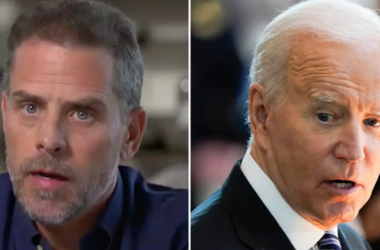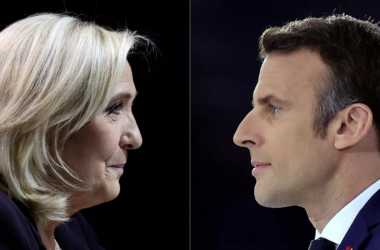Ukraine has issued a plea to foreign ministers representing the Group of Seven (G7) major powers, emphasizing the urgent need to revise strategy in order to fortify Kyiv against escalating Russian aerial offensives.
During the G7 ministerial meeting held on the island of Capri, Ukrainian Foreign Minister Dmytro Kuleba underscored the imperative of enhancing air defense capabilities and garnered acknowledgment and support from the G7 representatives.
Nevertheless, the flow of military aid to Kyiv has dwindled in recent months, partly due to diminishing ammunition supplies among European allies and the impasse over crucial US funding in Congress.
Kuleba expressed dismay over the disparity in international support, contrasting the swift intervention of US, British, and French forces to thwart Iranian missile threats to Israel with the insufficient assistance provided to Ukraine in preventing casualties and infrastructure damage.
NATO Secretary General Jens Stoltenberg affirmed NATO’s commitment to bolster Ukraine’s air defense capabilities, disclosing ongoing discussions regarding the potential deployment of additional Patriot batteries.
In Washington, Ukrainian Prime Minister Denys Shmyhal disclosed Ukraine’s request for additional air defense equipment and emphasized the urgency of acquiring another Patriot missile battery. He refrained from divulging specifics regarding Ukraine’s current inventory of Patriot systems, citing classified information.
The delay in delivering US aid, exacerbated by domestic political disputes, has impeded the prompt supply of weapons to Ukraine. However, optimism emerged as the US House of Representatives scheduled a vote on a $60.8 billion aid package for Ukraine.
Germany has pledged to transfer one Patriot system, urging other EU nations to follow suit.
Discussions also centered on leveraging frozen Russian assets held in Western countries, potentially amounting to $300 billion, to support Ukraine. While legal concerns have stalled progress, efforts are underway to devise innovative solutions.
Kuleba sought immediate commitments for additional air defense systems and advocated for new sanctions targeting Iran’s armed drone production, which supplies Russia.
Subsequently, the United States and Britain announced new sanctions on Iran’s drone program in response to the April 13 strike on Israel. However, G7 ministers cautioned against exacerbating tensions further, urging Israel to exercise restraint in its response.








